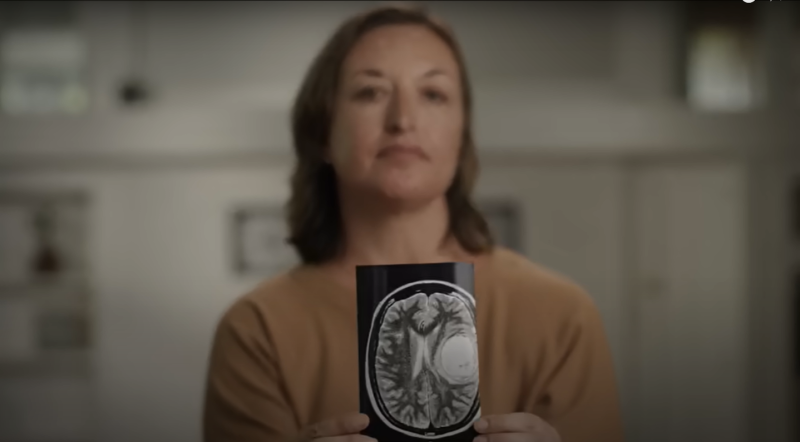In a recent turn of events in Florida’s political landscape, allegations have surfaced regarding Governor Ron DeSantis’ office pressuring a lawyer to send letters advocating against abortion to television stations in the state. The issue has sparked controversy and debate about the role of governmental influence in matters pertaining to reproductive rights and the dissemination of information.
The lawyer in question, Thomas Cox, indicated that he was contacted by Governor DeSantis’ office to draft letters opposing abortion and encouraging TV stations to air the ads. Cox, who specializes in First Amendment cases and has previously represented anti-abortion groups, raised concerns about the potential infringement on free speech and the government’s involvement in promoting a specific ideological agenda.
While it is not uncommon for public officials to express their views on contentious topics such as abortion, the allegations suggest a more direct and coercive approach to influencing public opinion through media channels. The use of official channels to pressure legal professionals to advance a particular viewpoint raises questions about the ethical boundaries of political intervention in legal advocacy.
Governor DeSantis’ administration has denied any wrongdoing and asserted that they were merely facilitating the exercise of free speech rights by connecting Cox with media outlets. However, critics argue that the line between support for free speech and government-endorsed advocacy becomes blurred when public officials actively promote a specific agenda through intermediaries.
The incident underscores the complex dynamics between politics, law, and public discourse, especially in highly polarized issues such as abortion. The role of lawyers in advocating for their clients’ interests and the ethical considerations involved in balancing professional responsibilities with political pressures come to the forefront in cases like this.
Moreover, the controversy sheds light on the broader implications of political interference in legal affairs and the potential implications for the independence of legal professionals. As guardians of justice and defenders of constitutional rights, lawyers play a crucial role in upholding the rule of law and ensuring fairness and impartiality in legal proceedings.
In conclusion, the allegations of governmental pressure on a lawyer to send abortion-related letters to TV stations in Florida highlight the intricate interplay between law, politics, and freedom of speech. The incident underscores the importance of upholding ethical standards and preserving the autonomy of legal professionals in advocating for their clients’ interests while navigating the complexities of contentious social issues. It remains to be seen how this episode will impact the ongoing debate surrounding reproductive rights and the role of government intervention in shaping public discourse.



